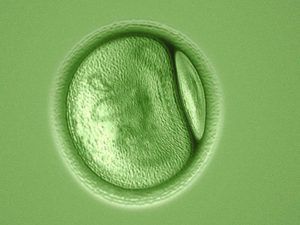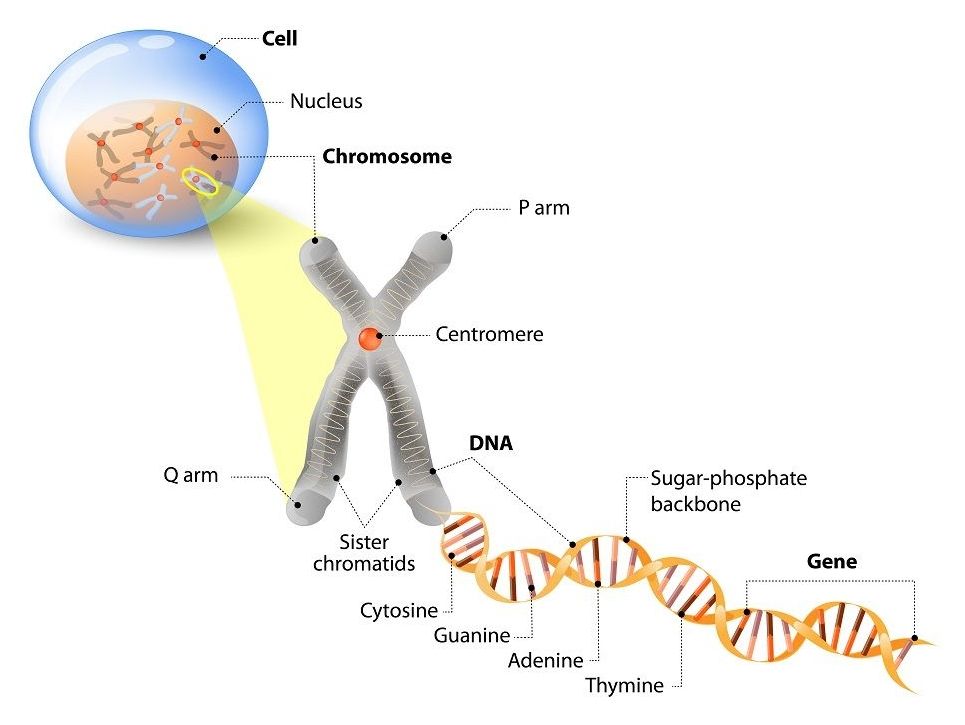
Category: life extension – Page 633







2017 SRF Summer Scholars Selfie Video
The SRF Summer Scholars Program offers undergraduate students the opportunity to conduct biomedical research to combat diseases of aging, such as cancer, atherosclerosis, and Parkinson’s Disease. Under the guidance of a scientific mentor, each Summer Scholar is responsible for his or her own research project in such areas as genetic engineering and stem cell research. The Summer Scholars Program emphasizes development of both laboratory and communication skills to develop well-rounded future scientists, healthcare professionals, and policy makers.

Hallmarks of Aging: Telomere Attrition
This is the third part of our ongoing series of articles that discuss the Hallmarks of Aging. Published in 2013, the paper divides aging into distinct categories (“hallmarks”) of damage to explain how the aging process works and how it causes age-related diseases[1].
Today, we will be looking at one of the primary hallmarks, telomere attrition.